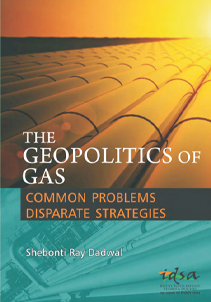Two Cheers to Kyoto Treaty
We live in an age of risk – the “risk society” to use a notable phrase of German sociologist Ulrich Beck. There seems to be no escape from the culture of warning and the politics of prediction, prevention and compensation. Every now and then, the world is subjected to comprehensive reports on the global impact of climate change. They underline the things that have now become all too familiar: melting ice caps in the polar region and submergence of tropical islands, with the poor underdeveloped countries bearing the brunt of these devastating changes.
- Uttam Kumar Sinha
- January 2005






